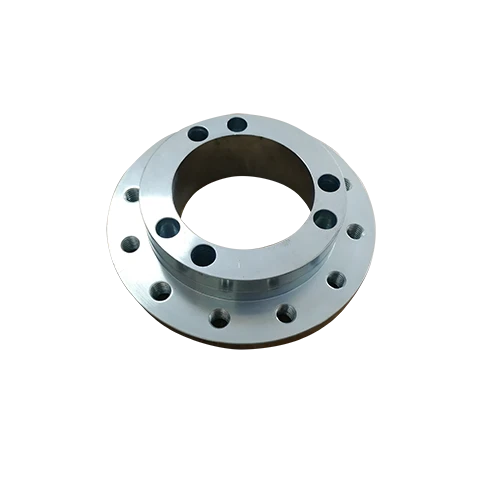Mobile:+86-311-808-126-83
Email:info@ydcastings.com
brass impeller price
Understanding the Cost Factors of Brass Impellers
Brass impellers are crucial components in various applications, from pumps to HVAC systems. Their design and materials significantly impact their performance and durability. Among the various materials available for making impellers, brass stands out due to its excellent corrosion resistance, machinability, and strength. However, one of the most pressing concerns for industries utilizing brass impellers is their price, which can fluctuate based on several factors. In this article, we will delve into the factors influencing the price of brass impellers and assess what consumers should consider when purchasing these components.
Raw Material Costs
The price of brass impellers is greatly affected by the cost of raw materials. Brass is an alloy primarily composed of copper and zinc, with various other elements added to enhance specific properties. The pricing of copper and zinc, which are the primary constituents of brass, plays a critical role. For instance, if the global market experiences a surge in the price of copper due to supply chain disruptions or increased demand from other industries, the cost of producing brass impellers will likely increase.
Additionally, variations in the composition of brass can also influence price. For example, brass with a higher copper content tends to be more expensive due to the higher cost of copper. Manufacturers often balance these alloying elements to achieve the desired properties while managing costs, making the choice of material a critical consideration for both quality and pricing.
Manufacturing Processes
The manufacturing process used to create brass impellers can also impact their cost. Different production methods — such as casting, forging, or machining — come with varying levels of complexity and expense. For instance, casting may be more cost-effective for larger production volumes, while machining might be more suitable for producing precision components in smaller batches.
Understanding the Cost Factors of Brass Impellers
Labor Costs
brass impeller price

Labor costs in manufacturing are another significant factor influencing brass impeller pricing. Automation and technology have streamlined many processes, but skilled labor is still essential for precision machining and assembly. Regions with higher labor costs will typically see higher prices for their products. Conversely, manufacturers that leverage lower labor costs may be able to offer competitive pricing, although this might come at the expense of quality and precision.
Market Demand and Competition
Market demand can have a substantial impact on the price of brass impellers. In industries experiencing growth, such as renewable energy or advanced manufacturing, the demand for high-quality components may push prices upward. Conversely, if there is a downturn in market demand, prices may decrease as manufacturers attempt to adjust their inventory levels.
Competition among manufacturers also plays a role in pricing strategies. A highly competitive market may lead to price wars, which could benefit consumers but potentially impact the quality of the products if companies cut corners to reduce costs. Thus, consumers must weigh their options carefully and consider factors beyond just the price tag.
Application-specified Requirements
Finally, the specific requirements of the application for which a brass impeller is intended can affect pricing. For example, impellers designed for high-pressure applications or corrosive environments may require specialized alloys or treatments, which can escalate the production costs. Customization requests, such as unique dimensions or enhanced performance features, can also lead to increased prices.
Conclusion
In summary, the price of brass impellers is influenced by a multitude of factors, including raw material costs, manufacturing processes, labor expenses, market demand, and application requirements. For buyers, understanding these elements is crucial in making informed purchasing decisions. It’s essential to find a balance between price and quality to achieve the best performance for the intended application. As the industry continues to evolve, staying updated on these factors will help consumers navigate the complexities of the brass impeller market effectively.
-
Valve Body Acts as the “Heart” of Flow ControlNewsMay.19,2025
-
Understanding the Importance of ImpellersNewsMay.19,2025
-
Importance of Automobile Water PumpsNewsMay.19,2025
-
How an Engine Oil Pan Works to Keep Your Car LubricatedNewsMay.19,2025
-
Common Materials Used in Pump Impeller ManufacturingNewsMay.19,2025
-
Ball Valve Casting in Modern Pipeline SystemsNewsMay.19,2025











